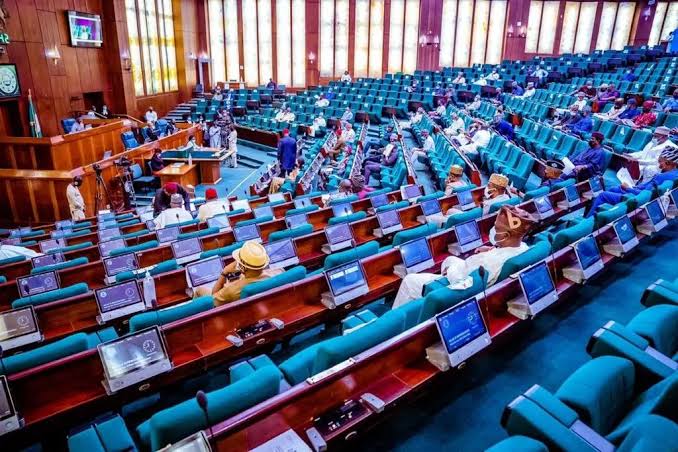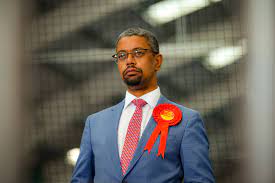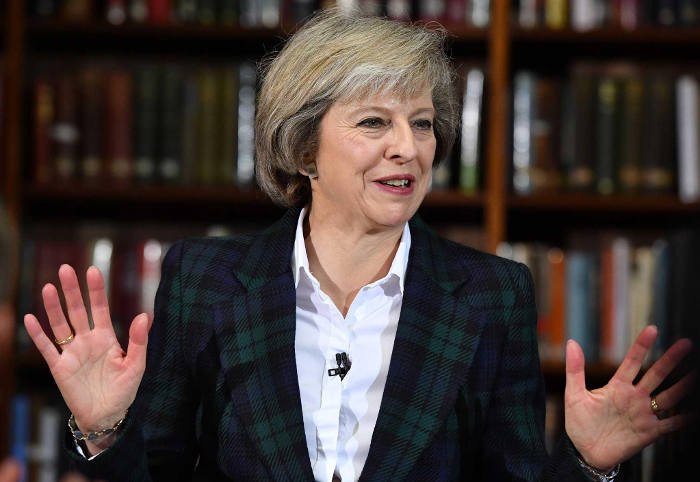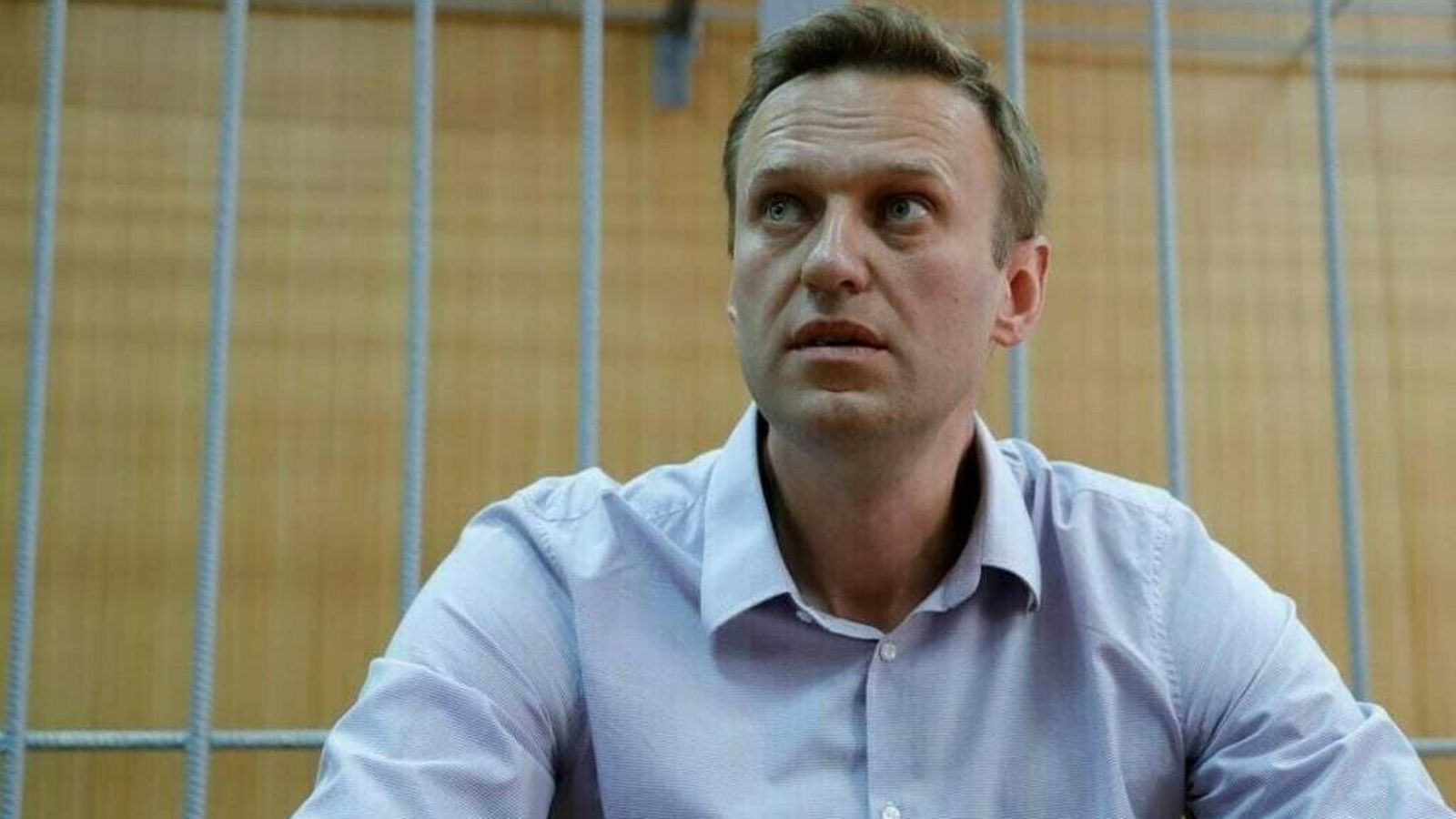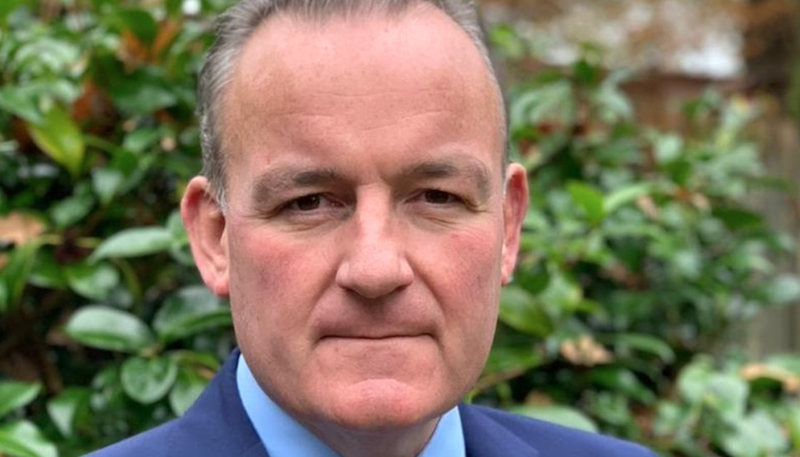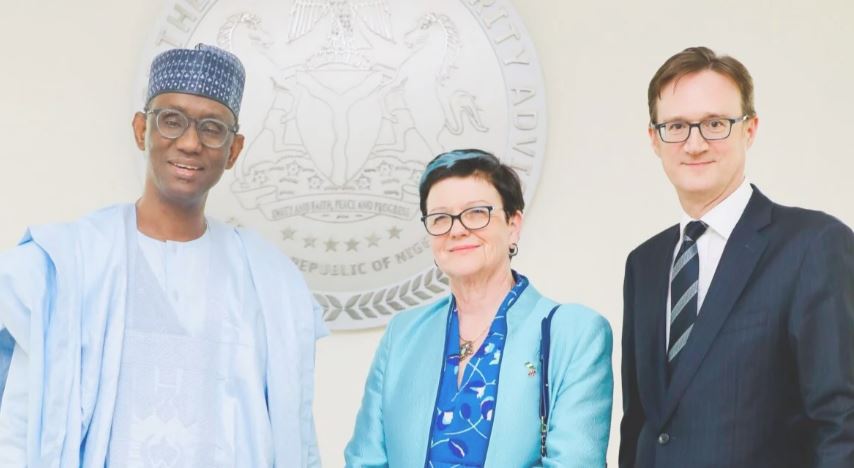THE United Kingdom, UK, has become the chief mourner, wailing over the presidential election in Russia which gave President Vladimir Putin a new term.
For a country at war and under all sorts of sanctions, it might have been expected that the Russian election would be postponed indefinitely. But it not only held, there was also a reported voter turn-out of 74.22 per cent.
The British media reported that: “Reuters journalists saw an increase in the flow of voters, especially younger people, at noon at polling stations in Moscow, St Petersburg and Yekaterinburg, with queues of several hundred people and even thousands.”
There are also some facts about the election which have not been disputed. There were over 94,000 polling stations which opened daily for 12 hours from 8 a.m. Russians in 144 countries abroad, including the UK, cast their votes in 295 polling stations. Voters also voted on online. Given the country’s size, the world-wide election, and the fact that Russia is at war, only eight electoral incidents were recorded where there were attempts to set polling station buildings on fire.
Internet service providers in Russia reported that there were over 90,000 Denial-of-Service, DdoS, cyber-attacks from Ukraine and North America targeting the Central Election Commission, State Services portal and other government websites.
Additionally, Ukraine tried to sabotage the election by repeatedly shelling Russian regions and oil refineries during the three-day election. Also, thousands of anti-Putin demonstrators protested at polling stations inside Russia and abroad over the February 16, 2024 death of jailed opposition leader, Alexei Navalny.
In the final outcome of the election, Putin defeated the presidential candidates of the New People Party, Vladislav Davankov; the Liberal-Democrat Party of Russia, Leonid Slutsky; and the Communist Party’s Nikolai Kharitonov.
The UK could not condemn Putin for having a fifth term probably because like Russia, its Prime Minister has no term limit. A British Prime Minister like Sir Robert Walpole spent 20 years, 314 days in office, while William Pit the Younger, spent 18 years, 305 days in office.
I do not subscribe to a president spending more than two terms in office, but it is not in our place to dictate term limits for countries.
Expectedly, the Russian election was condemned by many Western countries. Studying their statements, one got the impression that some might have been drafted before the election was held.
Perhaps the most strident was that by the UK, issued by Foreign Secretary, David Cameron. Without providing any evidence, it claimed that there was “suppression of opposition voices during the Russian election”. Expectedly, it was unhappy that elections also took place in some of the breakaway regions of Ukraine.
Although the turnout was far higher than the 66.7 per cent in the 2020 United States presidential election and, the 67.3 per cent in its 2019 general elections, the UK claimed that: “These Russian elections starkly underline the depth of repression under President Putin’s regime, which seeks to silence any opposition to his illegal war. ” It added that: “Putin removes his political opponents, controls the media, and then crowns himself the winner. This is not democracy.” Really, the turnout does not mean anything?
The UK, from its colonial history, assumes that democracy is what it thinks, and any election it does not like, is not democratic. So it supported the ‘democracy’ of Apartheid South Africa, and declared that those like Nelson Mandela, Joe Slovo and Walter Sisulu who rejected the Apartheid system, were “terrorists”.
But it is not only external elections it rejects, the British establishment also condemns elections won by those considered to be anti-establishment. For instance, there was a by-election on February 29, 2024 into the Rochdale Constituency in the UK Parliament. This followed the death of Labour MP Sir Tony Lloyd. The established parties were in for a rude shock as George Gallaway, the outsider from the Workers Party of Britain, caused a Tsunami. He won 40 per cent of votes, overturning a 9,668 Labour votes at the 2019 general election.
Gallaway won12,335 of the votes, David Tully of the Independent came a distant second with 6,638 votes, Paul Ellison of the Conservative Party was third with 3,731 votes, Labour’s Azhar Ali was fourth with 2,402 votes and Iain Donaldson of the Liberal Democrats came fifth with 2,164 votes. All hell seemed to have broken loose, especially when Galloway is not only pro-people but also campaigned openly for a stop to the on-going Israeli genocide in the Palestine.
A shocked Prime Minister Rishi Sunak called a hasty press conference outside No 10 Downing Street where he said Gallaway’s victory was “beyond alarming” . He wondered how British voters could have voted overwhelmingly for a candidate who “dismisses the horror of what happened on October 7”, when he said Hamas murdered 1,200 people in Israel.
Tory Minister, Greg Hands said of Gallaway’s re-election as an MP: “I think it’s not a good day for the country, it’s not a good day for anybody. I’ve been an MP now for 19 years and I’ve seen George Galloway now represent three different constituencies. Each time he’s let down those constituents and not been re-elected.” He vowed to put Gallaway at arms length in parliament because “somebody who has an extremist view of the world is not somebody that I engage with”.
But Gallaway after being sworn-in said he had not come to parliament to make friends: “I’ve always loved the building – the people in it not quite so much.”
On Prime Minister Sunak’s attack on him for winning the election, Gallaway said: “I despise the Prime Minister. And guess what? Millions and millions and millions of people in this country despise the Prime Minister. I do not respect the Prime Minister at all.”
Although Western countries have lined up to condemn the Russian election, they are generally silent on the refusal of Ukraine’s Voldymyr Zelensky to conduct election which fell due this March. He said the martial law which he had declared, precluded election from being held. So, he is likely to stay in power without election for as long as he wants, or until he is thrown out.
Putin in defending Russian democracy said: “The whole world is laughing at what is happening (in the United States). This is just a disaster, not a democracy”. Apparently, in reference to the four criminal cases against Republican candidate Donald Trump, Putin added: “…Is it democratic to use administrative resources to attack one of the candidates for the Presidency of the United States, using the judiciary among other things?”
On the Russian election, the UK is like a person insisting that his neighbour is sick, and since the latter insists he is healthy, decides to take medicines on his neigbour’s behalf.


